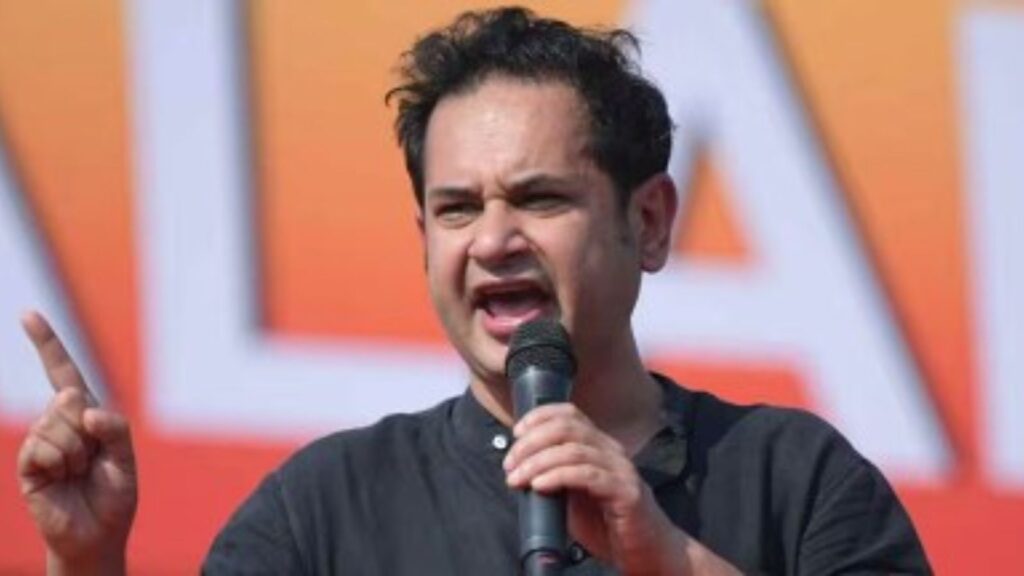Pradyot Kishore Manikya Debbarma, the royal scion and founder of Tipra Motha, has recently voiced serious concerns regarding the lapses in border security in Tripura. His comments come at a time when the state, situated in the northeastern part of India, is facing increasing challenges related to border security, which has significant implications for the safety and stability of the region. Debbarma’s remarks have sparked debates and discussions among local political leaders and citizens, urging both the central and state governments to address these issues more effectively.
In a statement that has gained significant attention, Debbarma emphasized that the lack of robust action on border security is a growing threat to the region’s security and overall development. The border areas of Tripura, which share a long and porous boundary with Bangladesh, are vulnerable to various security challenges, including smuggling, illegal immigration, and the movement of insurgent groups. These challenges have become more prominent in recent years, as the state grapples with the pressures of managing a complex demographic landscape and securing its borders.
Debbarma pointed out that the central government’s focus on border security often seems to overlook the unique challenges faced by northeastern states like Tripura. The region has a history of political unrest and ethnic tensions, which further complicate the security situation. According to Debbarma, the lack of adequate border fencing, surveillance infrastructure, and law enforcement personnel along the international border has left Tripura exposed to numerous risks. These gaps in border security not only endanger the lives of the people living in these areas but also undermine the state’s efforts to maintain peace and stability.
The royal scion, who is also a prominent political figure in Tripura, expressed his frustration with the slow pace of action on border security. He stated that while there have been periodic assurances from both the central and state governments, the ground reality remains far from satisfactory. Debbarma highlighted that the porous nature of the border has allowed for the unchecked movement of individuals, which has exacerbated the issue of illegal immigration in the state. This, according to him, poses a threat to the local population, who feel that their cultural and demographic identity is being eroded.
Additionally, Debbarma raised concerns about the growing influence of insurgent groups operating along the border. These groups often take advantage of the security lapses to smuggle arms, drugs, and other contraband, further destabilizing the region. The presence of these groups not only disrupts law and order but also hampers the development and economic progress of Tripura. Debbarma argued that unless the government takes urgent and concrete steps to address these security lapses, the region will continue to suffer from instability and underdevelopment.
In his statement, Debbarma also called for increased cooperation between the state government, central authorities, and local communities in addressing these security concerns. He emphasized the importance of local intelligence and community engagement in securing the border areas. The royal scion believes that empowering the local population and ensuring their active participation in border security will help in curbing illegal activities and maintaining peace in the region. He also suggested the need for more training and resources for the state’s law enforcement agencies to improve their capability in tackling these issues.
Debbarma’s concerns over border security in Tripura reflect a broader issue that many northeastern states face. The region’s complex geopolitical situation, along with its historical ethnic divisions, makes it particularly vulnerable to security threats. As Tripura continues to grow economically and politically, addressing these challenges will be crucial for ensuring the state’s long-term stability and prosperity.


